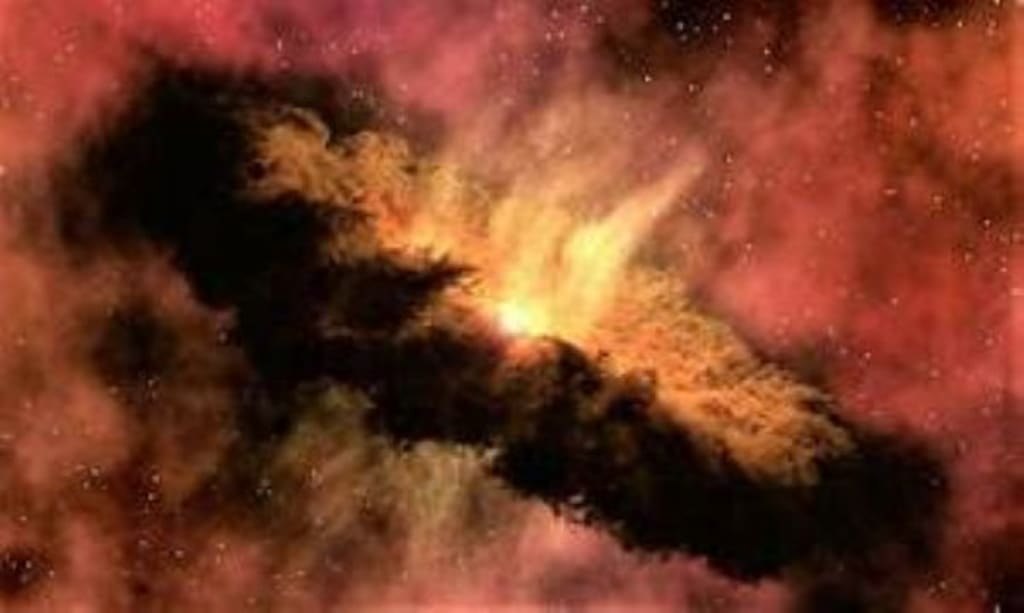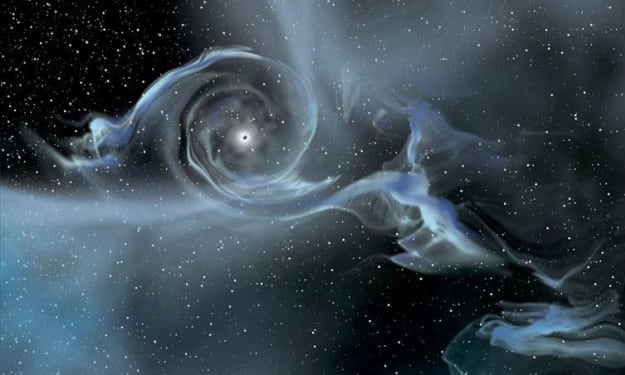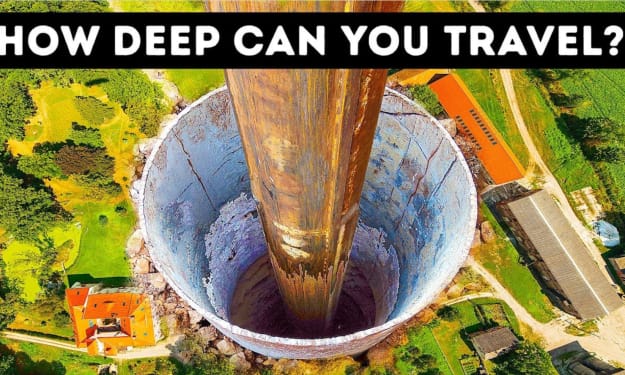What is the fate of our universe?
The Big Crunch Theory

We are all familiar with the concept of the Big Bang, and it is unfortunate that the series has come to an end. However, I am referring to the actual event that marked the beginning of everything. While most people have some knowledge about the Big Bang, not many are aware of the Big Crunch. Let me clarify that I am not talking about a random candy bar.
While scientists generally agree that our universe originated from a massive burst of energy, opinions differ on how it will eventually come to an end. There are various theories, such as the Big Freeze and the Big Rip, but the most widely accepted scenario is the Big Crunch. So, what exactly is the Big Crunch?
The Big Crunch Theory is rooted in Einstein's theory of general relativity. It suggests that everything in life follows a pattern of expansion and contraction. Just as the Big Bang caused the universe to expand, it is believed that eventually, the opposite will occur. Once the universe reaches its maximum size, determined by the amount of energy present, it will start collapsing in on itself. This collapse will ultimately result in the formation of a massive black hole that contains all matter. Due to the extreme conditions within the singularity, everything will be compressed to a minuscule size, hence the name "Big Crunch."
This may not be great news for those who enjoy existence or have a fondness for bacon, as it implies that everything will be squashed down to an incredibly small scale over time. However, there is some good news. While the mathematics suggest that the Big Crunch is possible and even likely, there are still unknown factors that could affect our ultimate fate.
One of these factors is the interplay between density and outward momentum in the universe's expansion. Density is directly related to the amount of gravity present, meaning that a denser universe will experience stronger gravitational forces. This alone suggests that everything will eventually collapse. However, there are still aspects of the universe that we do not fully comprehend, and these unknowns will play a role in determining our ultimate destiny.
In conclusion, while the Big Crunch remains a possibility, there are still uncertainties that prevent us from fully understanding the fate of our universe. The exploration of questions like these continues to be a challenge for scientists dedicated to unraveling the mysteries of our existence.
Eventually, all matter in the universe will gravitate towards each other, leading to the final Big Crunch. Despite the absence of friction in space, the force of gravity will counteract the initial outward momentum caused by the Big Bang, causing everything to return to its original position. However, observations of the universe have shown that things are not behaving as expected.
The outer reaches of the universe are expanding at a faster rate than those closer to us, and galaxies are moving further apart. Scientists have named this unknown phenomenon dark energy. The presence of dark energy means that there are two potential outcomes for the expansion of the universe. It will either continue to expand indefinitely, with objects becoming so far apart that everything freezes, or there will be enough dark energy for the forces of gravity to eventually bring everything back together in a Big Crunch. The prevalence of dark energy suggests that a Big Crunch may be imminent.
However, a 2015 report proposed that the current increased rates of expansion are the universe's last gasp before contraction begins in tens of billions of years. If there is not enough dark energy and a Big Crunch does occur, it will be a gradual process. The universe will contract evenly, and as galaxies get closer to one another, the forces of gravity will have a stronger effect, causing the contraction to accelerate. This process will take approximately a hundred billion years.





Comments (1)
it's written well and packed with useful information.